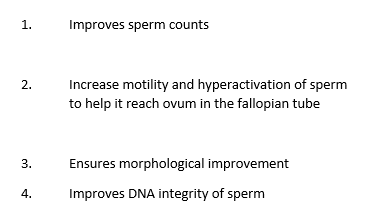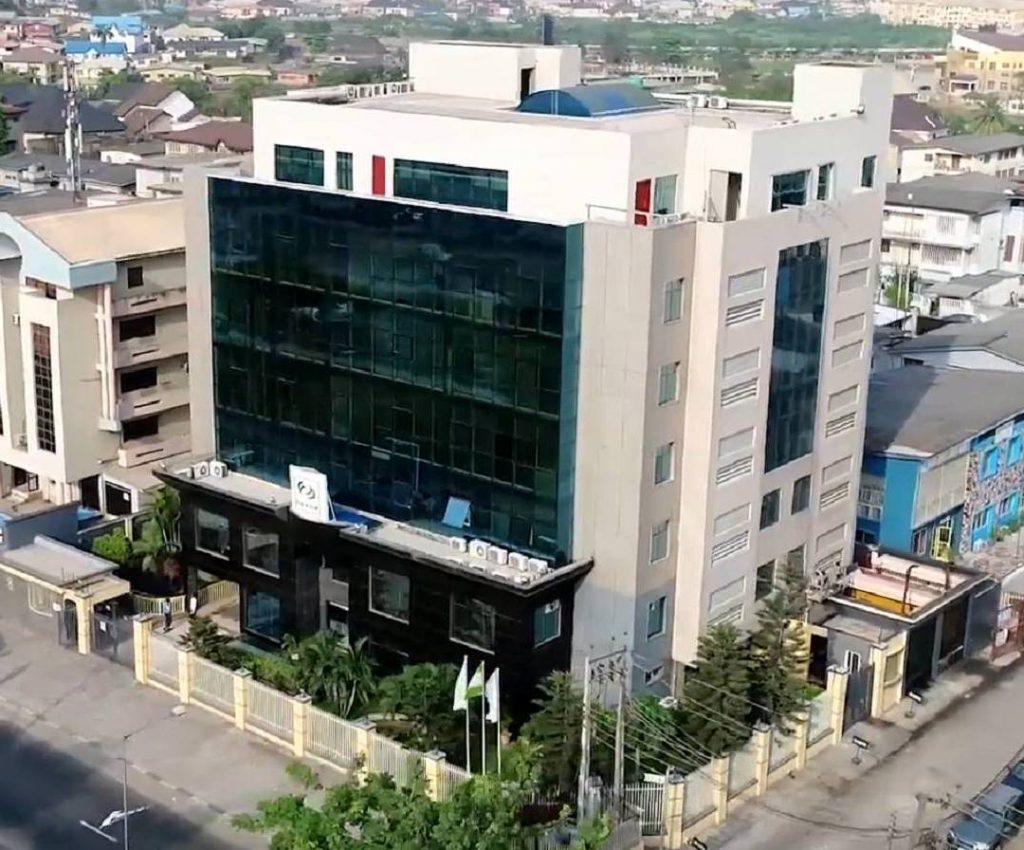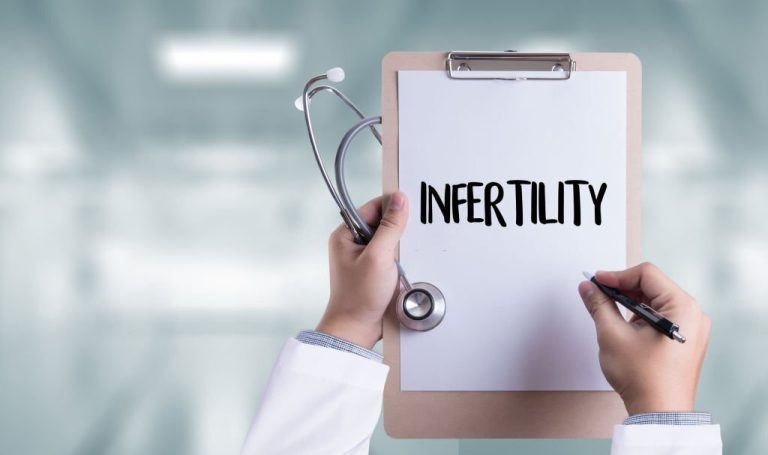In Africa, children are the fabric of any society, without which no meaningful social and economic progress is considered worthwhile, the inability to have children can lead to distress, depression as well as discrimination.
What is Infertility?
Infertility is a disease characterised by the failure to establish a clinical pregnancy after 12 months of regular, unprotected sexual intercourse or due to impairment of a person’s capacity to reproduce either as an individual or with his/her partner, in other words, it is when a man is unable to impregnate his wife after 12 months of regular unprotected sexual intercourse.
How common is Infertility?
The number of couples facing infertility challenges is on the increase. A WHO report reveals that about 50 to 80 million couples are affected worldwide, while in Nigeria at least 25% of married couples face this challenge.
Who is responsible for infertility, is it the Man or the Woman?
Approximately one-third of infertility is attributed to the female partner, one-third is attributed to the male partner and one-third is caused by a combination of problems in both partners or, is unexplained.
Male factor Infertility
The failure of a couple to conceive owing to a male-related factor is referred to as male factor infertility which accounts for about 40-50% of infertility cases in men.
Causes of Male factor infertility
Among other causes, abnormalities in the functions of the sperms are the most common cause of male infertility. These include low sperm count, no sperm cells, bad sperm morphology or shape, poor sperm mobility, low sperm vitality and low sperm volume. Oxidative stress has been identified as an important cause of sperm deflects as they can directly damage the sperms, resulting in deformation, reduced motility and disturbed energy supply to sperm cells which interferes with the process of fertilization.
Medical causes of Male Infertility
Problems with male fertility can be caused by several health issues and medical treatments. Some of these include:
- Varicocele. A varicocele is a swelling of the veins that drain the testicle. It’s the most common reversible cause of male infertility. Although the exact reason that varicoceles cause infertility is unknown, it may be related to abnormal testicular temperature regulation. Varicoceles result in reduced quality of the sperm.
Treating the varicocele can improve sperm numbers and function and may potentially improve outcomes when using assisted reproductive techniques such as in vitro fertilization.
- Infection. Some infections can interfere with sperm production or sperm health or can cause scarring that blocks the passage of sperm. These include inflammation of the epididymis (epididymitis) or testicles (orchitis) and some sexually transmitted infections, including gonorrhoea or HIV. Although some infections can result in permanent testicular damage, most often sperm can still be retrieved.
- Ejaculation issues. Retrograde ejaculation occurs when semen enters the bladder during orgasm instead of emerging out the tip of the penis. Various health conditions can cause retrograde ejaculation, including diabetes, spinal injuries, medications, and surgery of the bladder, prostate or urethra.
Some men with spinal cord injuries or certain diseases can’t ejaculate semen, even though they still produce sperm. Often in these cases sperm can still be retrieved for use in assisted reproductive techniques.
- Antibodies that attack sperm. Anti-sperm antibodies are immune system cells that mistakenly identify sperm as harmful invaders and attempt to eliminate them.
- Tumors. Cancers and non-malignant tumors can affect the male reproductive organs directly, through the glands that release hormones related to reproduction, such as the pituitary gland, or through unknown causes. In some cases, surgery, radiation or chemotherapy to treat tumors can affect male fertility.
- Undescended testicles. In some males, during fetal development one or both testicles fail to descend from the abdomen into the sac that normally contains the testicles (scrotum). Decreased fertility is more likely in men who have had this condition.
- Hormone imbalances. Infertility can result from disorders of the testicles themselves or an abnormality affecting other hormonal systems including the hypothalamus, pituitary, thyroid and adrenal glands. Low testosterone (male hypogonadism) and other hormonal problems have a number of possible underlying causes.
- Defects of tubules that transport sperm. Many different tubes carry sperm. They can be blocked due to various causes, including inadvertent injury from surgery, prior infections, trauma or abnormal development, such as with cystic fibrosis or similar inherited conditions.
Blockage can occur at any level, including within the testicle, in the tubes that drain the testicle, in the epididymis, in the vas deferens, near the ejaculatory ducts or in the urethra.
- Chromosome defects. Inherited disorders such as Klinefelter’s syndrome — in which a male is born with two X chromosomes and one Y chromosome (instead of one X and one Y) — cause abnormal development of the male reproductive organs. Other genetic syndromes associated with infertility include cystic fibrosis, Kallmann’s syndrome and Kartagener’s syndrome.
- Problems with sexual intercourse. These can include trouble keeping or maintaining an erection sufficient for sex (erectile dysfunction), premature ejaculation, painful intercourse, anatomical abnormalities such as having a urethral opening beneath the penis (hypospadias), or psychological or relationship problems that interfere with sex.
- Celiac disease. A digestive disorder caused by sensitivity to gluten, celiac disease can cause male infertility. Fertility may improve after adopting a gluten-free diet.
- Certain medications. Testosterone replacement therapy, long-term anabolic steroid use, cancer medications (chemotherapy), certain antifungal medications, some ulcer drugs and certain other medications can impair sperm production and decrease male fertility.
- Prior surgeries. Certain surgeries may prevent you from having sperm in your ejaculate, including vasectomy, inguinal hernia repairs, scrotal or testicular surgeries, prostate surgeries, and large abdominal surgeries performed for testicular and rectal cancers, among others. In most cases, surgery can be performed to either reverse these blockages or to retrieve sperm directly from the epididymis and testicles.
Go the Natural Route to boost Male Fertility: A healthy lifestyle along with natural herbs can work wonders to restore male fertility. Some of the best herbs to boost the male reproductive system include;
Tribulus terrestris (Devil’s thorn): A well-known plant used in several ancient remedies, acts as an aphrodisiac and also used to treat low sperm count condition. It increases testosterone levels and it has been proven to be active in stimulating spermatogenesis, thus it helps to increase sperm count.
Regular consumption of this plant can restore fertility and promote healthy sperm making it easier to conceive.
Chlorophytum arundinaceum (Musli White): Exposure to toxins in the environment can result in male infertility. This herb helps reduce oxidative stress, protects the sperm from free radical damage while also possessing natural aphrodisiac properties.
These herbs when used in the right proportion and with the right combination of additional herbs can help restore sexual health and fertility in men. One such unique and effective formulation is ADDYZOA an herbal solution for male infertility.
This potent solution helps to improve and maintain the functional competence of sperm by enhancing the structural and functional integrity of sperm. It restores male sexual health naturally and without any harmful side-effects making it safe for everyone to use.
ADDYZOA AS A SPERMATO-GENIUS


Addyzoa capsules, a herbal-mineral supplement is proven to help with the male factor fertility challenges. It contains potent spermatogenic antioxidants with free radical savaging action that effectively minimize sperm cell damage due to oxidative stress. Addyzoa improves the DNA integrity and compactness of the sperm to ensure successful implantation and reduces early abortion.
It ensures better sperm penetration into the ovum and also enhances the rapid linear progression of sperm cells to enhance fertilization.
Ingredients in Addyzoa stimulate the production of testosterone to improve sperm production and is proven to improve sperm para meters such as sperm count. Sperm motility and morphology, sperm functional competence and an overall improved pregnancy success.







